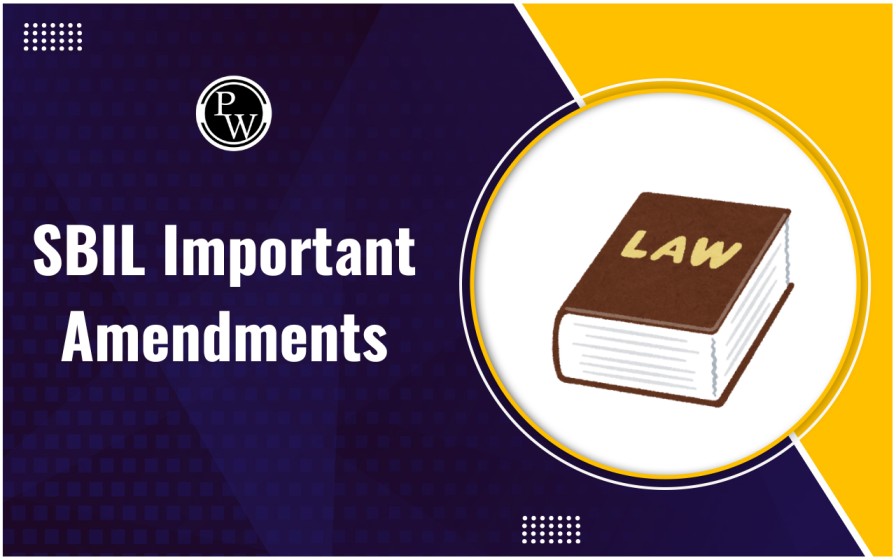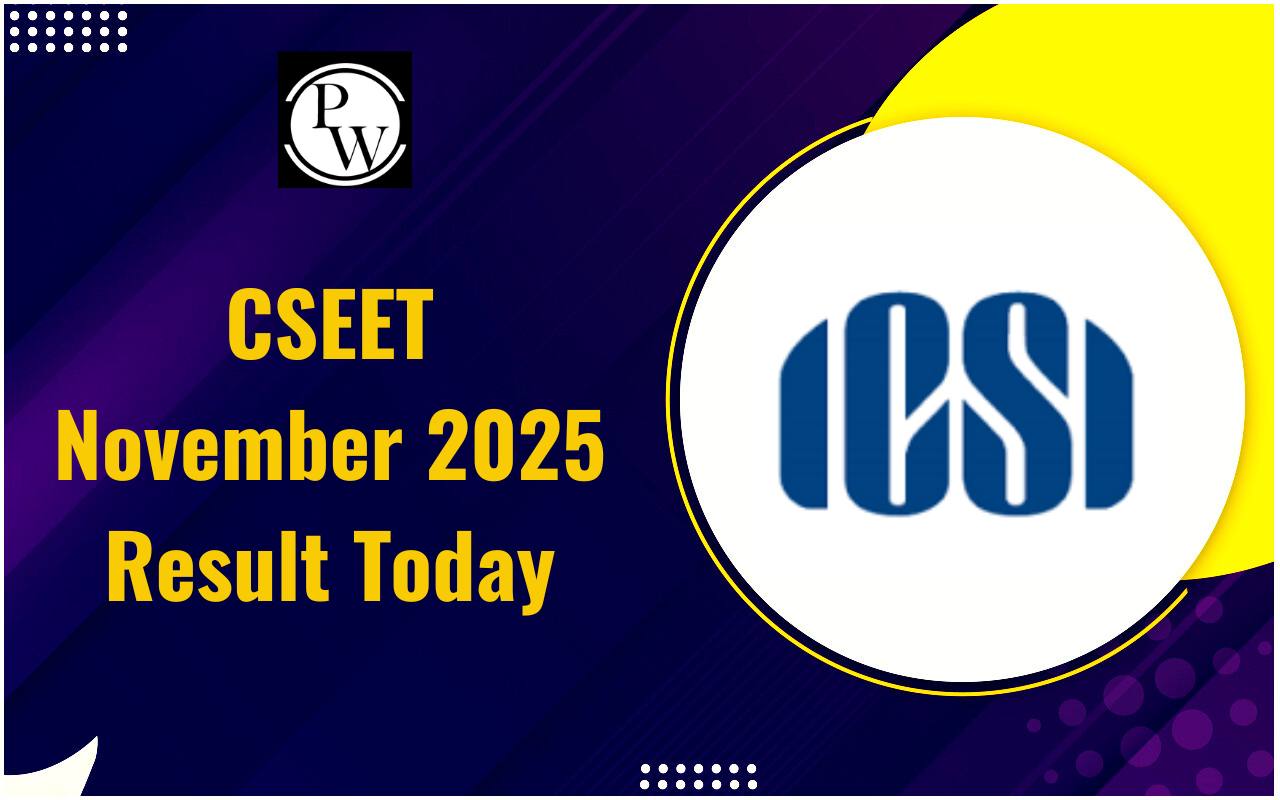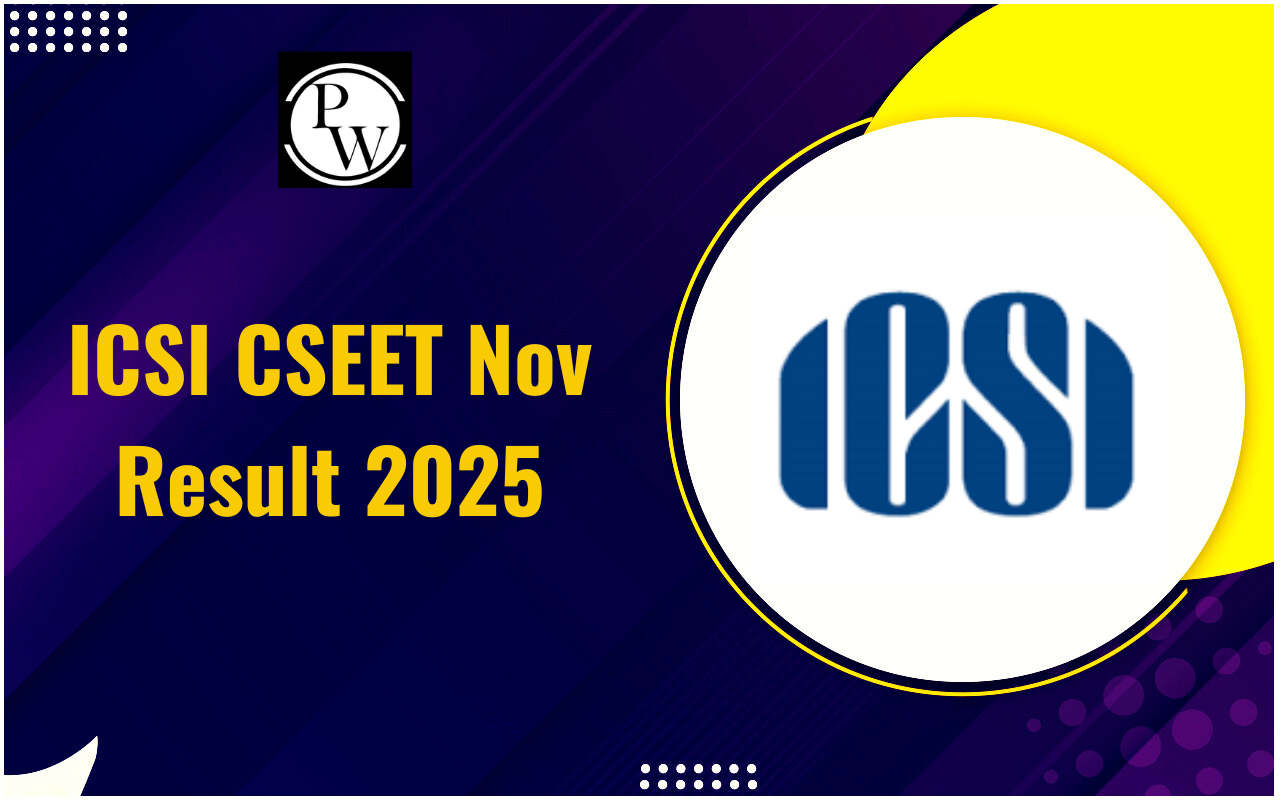
Legal Challenges of Foreign Direct Investment: Foreign Direct Investment (FDI) plays a vital role in shaping the economic landscape of India. As one of the fastest-growing economies, India has consistently attracted investors across the globe. However, despite government initiatives and policy reforms, the legal challenges of Foreign Direct Investment in India remain a significant concern for global investors. Understanding these legal hurdles is essential for businesses seeking to enter or expand in the Indian market.
In this blog, we will see the legal challenges of Foreign Direct Investment in India, covering regulatory frameworks, sectoral caps, compliance obligations, dispute resolution, and more.
Understanding the Legal Framework for FDI in India
The legal challenges of Foreign Direct Investment in India begin with understanding the complex legal and regulatory environment. FDI in India is primarily governed by:
The Foreign Exchange Management Act (FEMA), 1999
Sector-specific guidelines issued by various ministries
The Companies Act, 2013
The Consolidated FDI Policy issued by the Department for Promotion of Industry and Internal Trade (DPIIT)
While the government has liberalised several sectors, the legal framework can still be intricate for new investors unfamiliar with India’s compliance ecosystem.
Legal Challenges of Foreign Direct Investment (FDI) in India
Below we’ve mentioned some legal challengesof foreign direct investment (FDI) in India:
Sectoral Restrictions and Entry Routes
One of the recurring legal challenges of Foreign Direct Investment in India is navigating through sectoral restrictions and entry routes. FDI can enter India through two main routes:
Automatic Route: No prior approval from the government is needed.
Government Route: Approval from the concerned ministry is mandatory.
However, many sectors like defence, telecom, and media require prior approval, and even minor procedural mistakes can delay investment clearance. The ambiguity around sectoral definitions and classification adds another layer of complexity.
National Security and Policy Revisions
In recent years, India has introduced policies focused on protecting national interest. For instance, in April 2020, the government mandated prior approval for investments from countries sharing a land border with India. While this step aimed to curb opportunistic takeovers during economic uncertainty, it introduced fresh legal challenges of Foreign Direct Investment by adding more screening layers for certain countries.
Frequent policy changes without sufficient transition time create uncertainty for global investors and can affect long-term investment planning.
Compliance Burdens and Bureaucratic Delays
Another significant aspect of the legal challenges of Foreign Direct Investment in India lies in the cumbersome compliance process. Foreign investors must adhere to several registrations and regulatory filings:
- Registration with the Reserve Bank of India (RBI) under FEMA
- Corporate compliances under the Companies Act
- Tax filings and transfer pricing documentation
- Sectoral reporting under specific ministries
Delays in approvals and unclear timelines often cause operational setbacks, discouraging timely investment execution.
Dispute Resolution and Judicial Delays
Legal enforcement and dispute resolution mechanisms also contribute to the legal challenges of Foreign Direct Investment in India. While arbitration is increasingly accepted as a preferred mode of dispute resolution, the lack of consistency in enforcement of awards and procedural delays are key deterrents.
Court backlogs and a lack of specialised benches for commercial disputes further impact investor confidence. Although India has made progress through commercial courts and alternative dispute resolution (ADR) mechanisms, more reforms are needed to ensure faster and more predictable outcomes.
Land Acquisition and Environmental Clearances
For investors entering sectors like infrastructure, real estate, or manufacturing, issues around land acquisition and environmental clearances become pronounced. The legal challenges of Foreign Direct Investment are compounded by overlapping state and central laws, resistance from local communities, and delayed approvals from environmental boards.
These challenges not only affect project timelines but also lead to financial losses and potential legal battles.
Intellectual Property Rights (IPR) Protection
A growing concern among foreign investors is the enforcement of intellectual property rights. Despite having well-defined IPR laws, the legal challenges of Foreign Direct Investment in India also stem from weak enforcement, slow litigation, and inadequate penalties for infringement.
This often deters investors from bringing in proprietary technology or brand assets, especially in sectors like pharmaceuticals, electronics, and media.
Taxation and Retrospective Amendments
India’s tax regime has seen several reforms, including the introduction of the Goods and Services Tax (GST). However, retrospective amendments, like the Vodafone tax dispute, have raised concerns among investors about the stability and predictability of tax laws. Such legal uncertainty is a critical aspect of the legal challenges of Foreign Direct Investment in the country.
Though steps have been taken to avoid future retrospective taxation, the fear of unpredictable tax liabilities still lingers.
Labour Laws and Industrial Regulations
Labour compliance is another factor contributing to the legal challenges of Foreign Direct Investment in India. With over 40 central and 100 state labour laws, managing human resources becomes complicated for foreign firms. Although India is working on consolidating these laws into four labour codes, the actual implementation varies from state to state, creating inconsistencies.
Reforms and the Way Forward
While the legal challenges of Foreign Direct Investment in India are many, the country continues to take steps toward improving the business environment. The introduction of the Insolvency and Bankruptcy Code (IBC), digitalisation of company registration, and easing of FDI norms in some sectors reflect this effort.
India's commitment to economic reforms is evident, but addressing the structural legal issues will be crucial in building long-term investor trust.
The legal challenges of Foreign Direct Investment in India are deeply rooted in procedural delays, regulatory ambiguities, and enforcement inconsistencies. For India to maintain its position as a favourable investment destination, it must continue to simplify regulations, provide legal clarity, and ensure smooth compliance procedures.
Businesses looking to invest in India must conduct thorough legal due diligence, engage with experienced advisors, and stay updated on policy shifts. As India balances economic growth with regulatory discipline, a transparent and predictable legal system will be key to unlocking the full potential of foreign investment.
Join PW CS Online Courses and build a strong foundation in corporate laws and governance with structured learning and dedicated support.
Legal Challenges of Foreign Direct Investment FAQs
What are the main legal challenges of Foreign Direct Investment (FDI) in India?
How do sectoral restrictions impact FDI in India?
What compliance steps must foreign investors follow?










